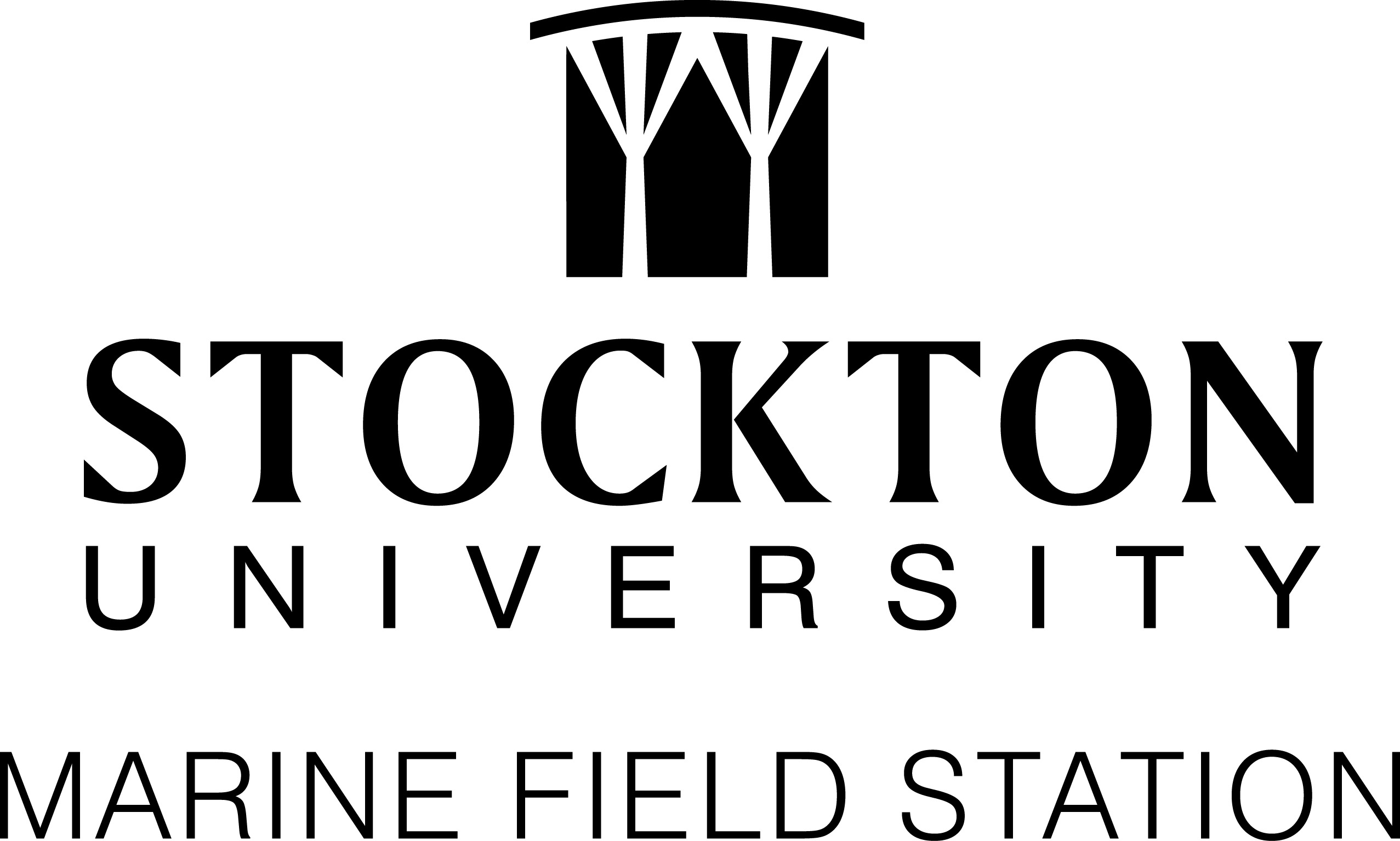
The Stockton University Marine Field Station (MFS) is a facility of the School of Natural Sciences and Mathematics (NAMS) and is used as a teaching and research destination for numerous NAMS academic programs, including foremost the marine science program, as well as biology, environmental studies, geology, and graduate studies in Coastal Zone Management.
Just 7 miles from the Atlantic Ocean , the MFS is situated on an eight-acre waterfront site in the Jacques Cousteau National Estuarine Research Reserve. The facilities, research vessels, sampling equipment, faculty and staff provide Stockton students with hands-on learning experiences in estuarine, marine, and coastal environments.
Research conducted from the MFS spans many marine science disciplines including oyster reef and eel grass bed restoration, seafloor mapping, sediment transport/current studies and coastal fish inventories. A major objective of the School of Natural Sciences and Mathematics is to involve undergraduate students in faculty and staff-led research and provide opportunities to students through externally-funded (grant) projects, independent study projects, summer research experiences, and long-term monitoring programs.
The Marine Field Station offers teaching and research laboratories, research vessels, marine sampling equipment, general-use laboratory equipment, and a fleet of marine technology instrumentation including remotely operated vehicles, side scan sonar , multibeam sonar systems, acoustic doppler current profilers, magnetometer, and water quality instrumentation.
Research vessels(R/V) berthed at the field station include five workboats ranging in size from 16-36′. Each vessel provides a platform geared toward specific teaching and research activities. Faculty and staff utilize these vessels as platforms from which to conduct their marine research and teaching activities. All vessels are maintained to standards set forth by the USCG and are designated as Oceanographic Research Vessels.
Stockton works collaboratively with visiting scientists and educational institutions through mutual agreements and other contracting methods. Visiting scientists, consultants and survey groups to the coastal bays and near-shelf waters of the New Jersey coast are encouraged to contact the Marine Field Station if they would like to discuss opportunities for collaboration or direct field, vessel or equipment support for research or monitoring activities in our region.
- Year Founded
- 1993
- Year Joined OBFS
- 2023
- Size of Field Station (hectares)
- 1-100
- FSML Web Address
- http://www.stockton.edu/marine
- Private nonprofit organization?
- No
- Universities affiliated / Parent Organization
- Stockton University
- Federal, state, or local governmental partners?
-
No
- Member of the Virtual Field
- No

